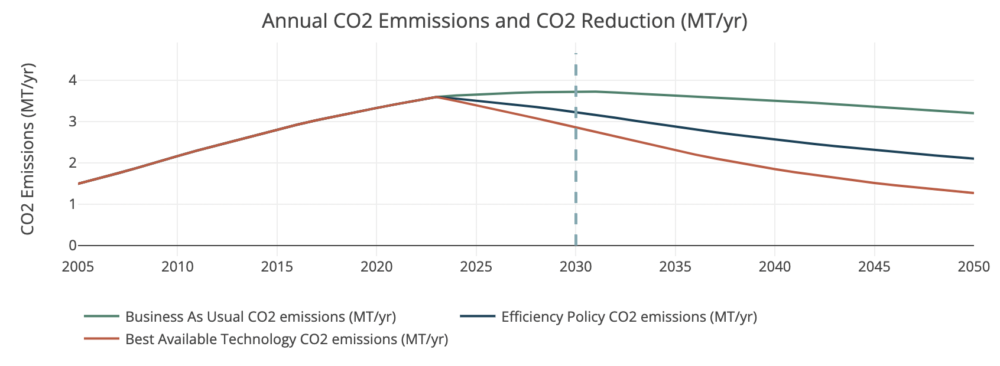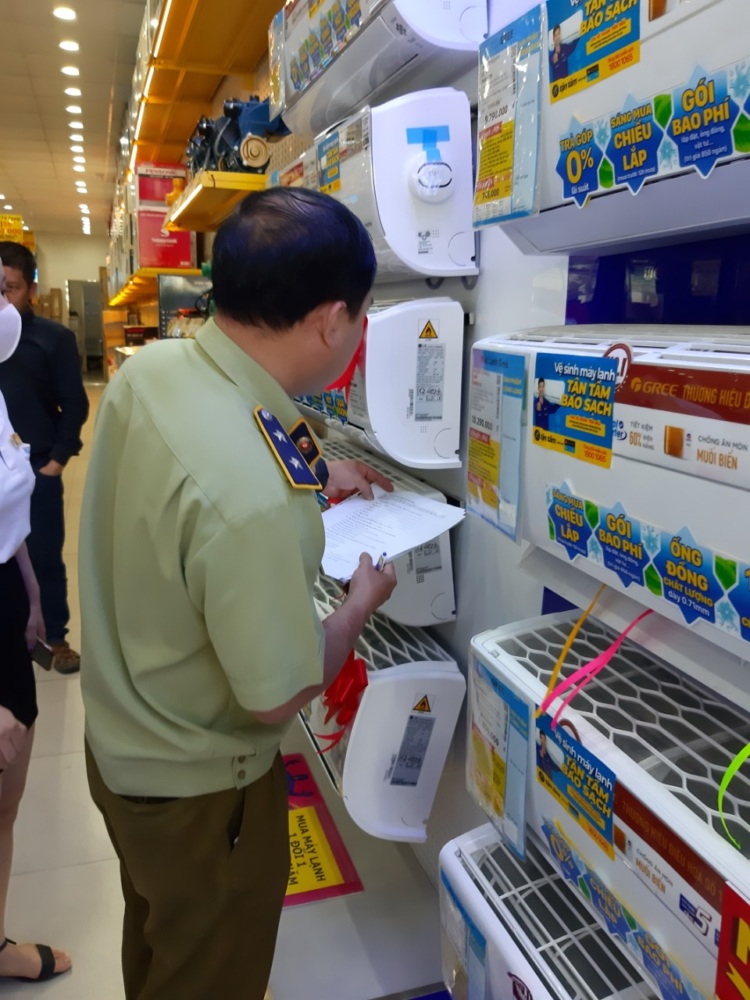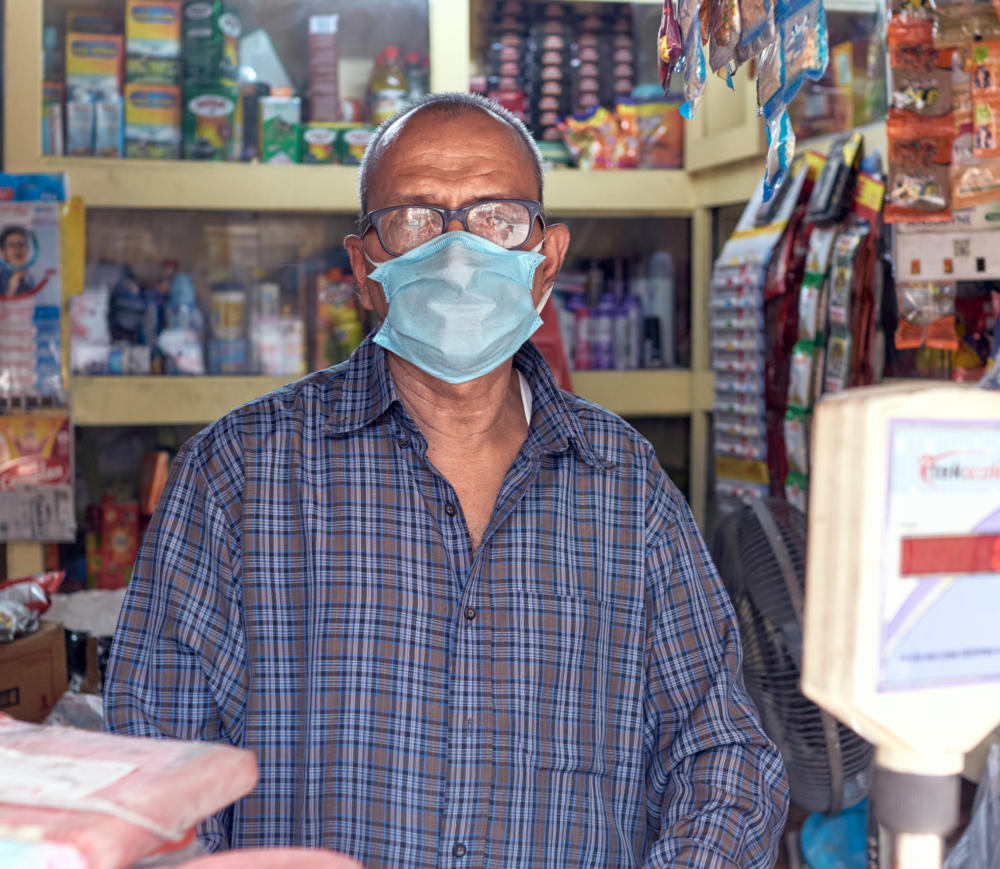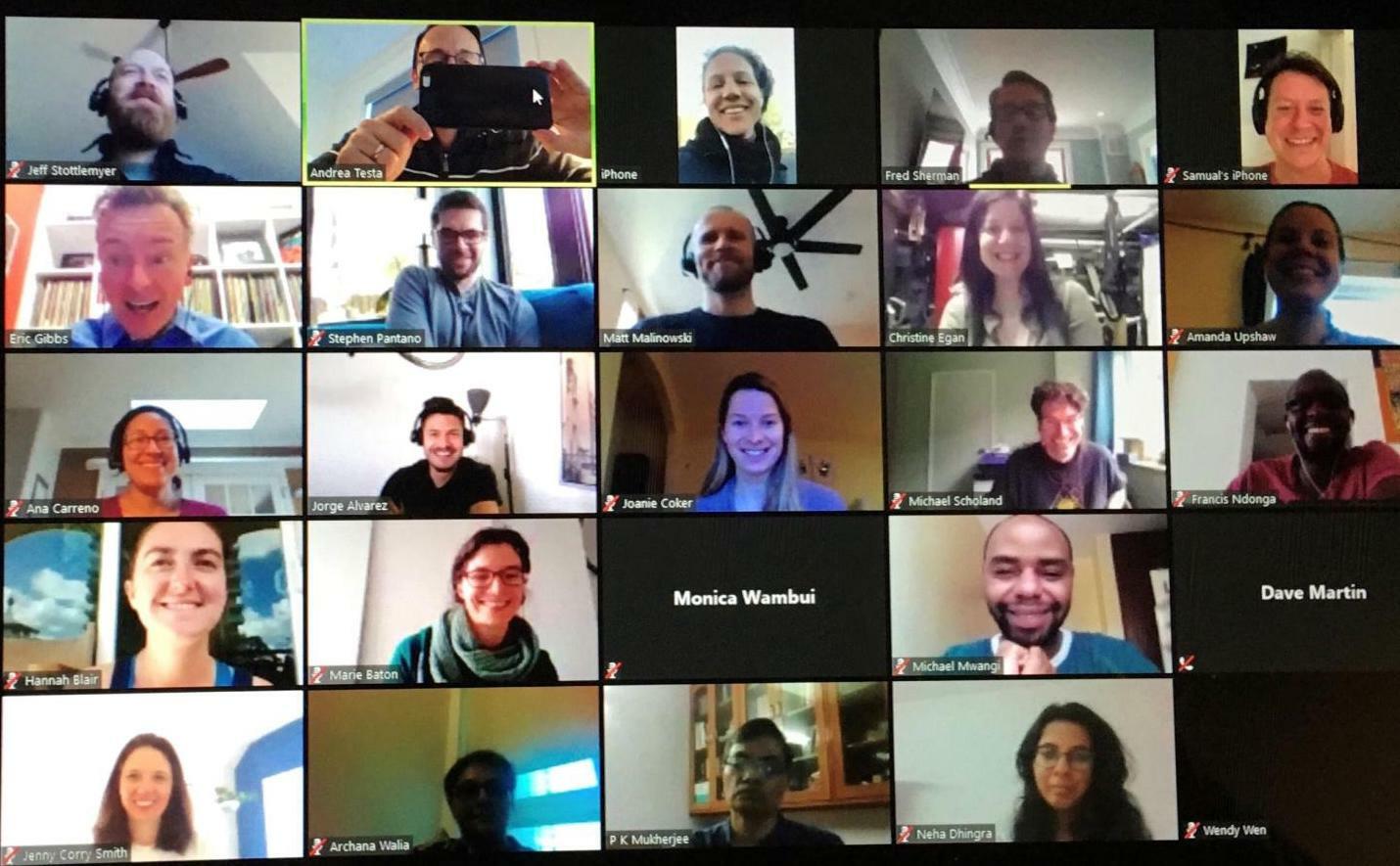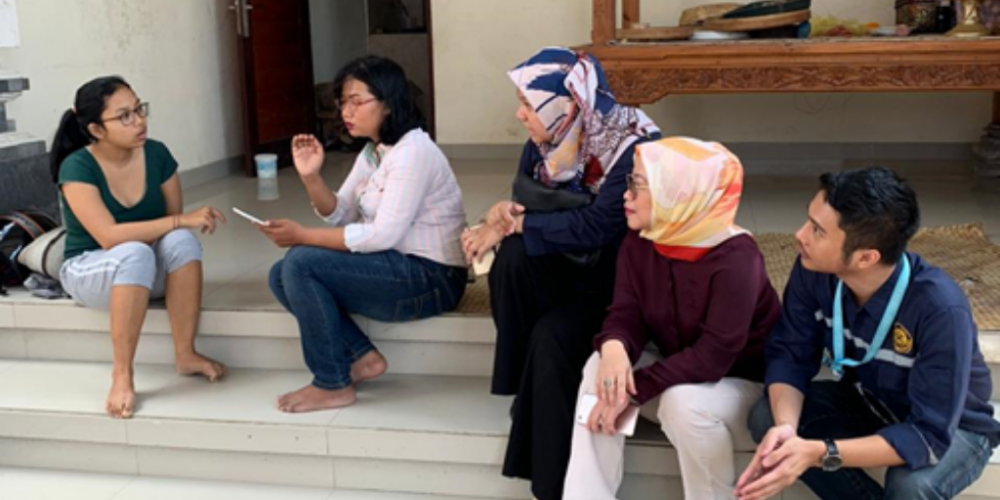Tracking Appliance Ownership & Energy Use in India
Appliance ownership and associated energy use in India have ballooned in recent decades, but accurately measuring this growth has proved difficult—until now.
In India – as in many countries – no data on actual household energy-use patterns exist: all current ownership data and energy savings estimates are based on assumptions and limited sales data. India’s Bureau of Energy Efficiency and CLASP are conducting a three-phase analysis to meter and analyse appliance energy use in Indian households across socioeconomic lines and geographic regions. BEE will use the results as a national energy-use baseline to help set better-informed energy efficiency policy.
With support from local partners, CLASP launched the analysis by gathering energy use data through a 5,000 household, in-person survey. The survey collected information on appliance use and purchasing behaviour, to identify the strongest influences on usage patterns and purchase of energy efficient appliances.
Next, CLASP is partnering with India-based energy data company Zenatix — using their signature technology, WattMan — to conduct home appliance monitoring. Wattman is an internet-of-things–based building management system that records energy use patterns of electrical outlets.
CLASP is installing WattMan in 200 households from the initial survey for one year to capture and relay real-time appliance energy consumption data – shedding light, for the first time, on how and when consumers use appliances across geographical regions and seasons. WattMan is replacing traditional appliance metering practices, which are time-consuming and expensive.
Finally, CLASP will closely monitor 20 of these homes for an additional year to validate WattMan data. The results, expected by mid-2019, will help BEE develop stronger, more informed policies through a better understanding of long-term policy impacts, energy use baselines, and usage patterns of household appliances.
For more than a decade, India has prioritized energy efficient appliance policies as a method to curb rising carbon emissions. In 2006, BEE developed the country’s first voluntary policies for air conditioners and refrigerators. Since then, India’s policy program expanded to cover 21 products and has routinely increased the stringency of product performance requirements. Since 2011, BEE’s policy program has saved over 111 billion TWh of electricity. The MacArthur Foundation supports this new initiative.

